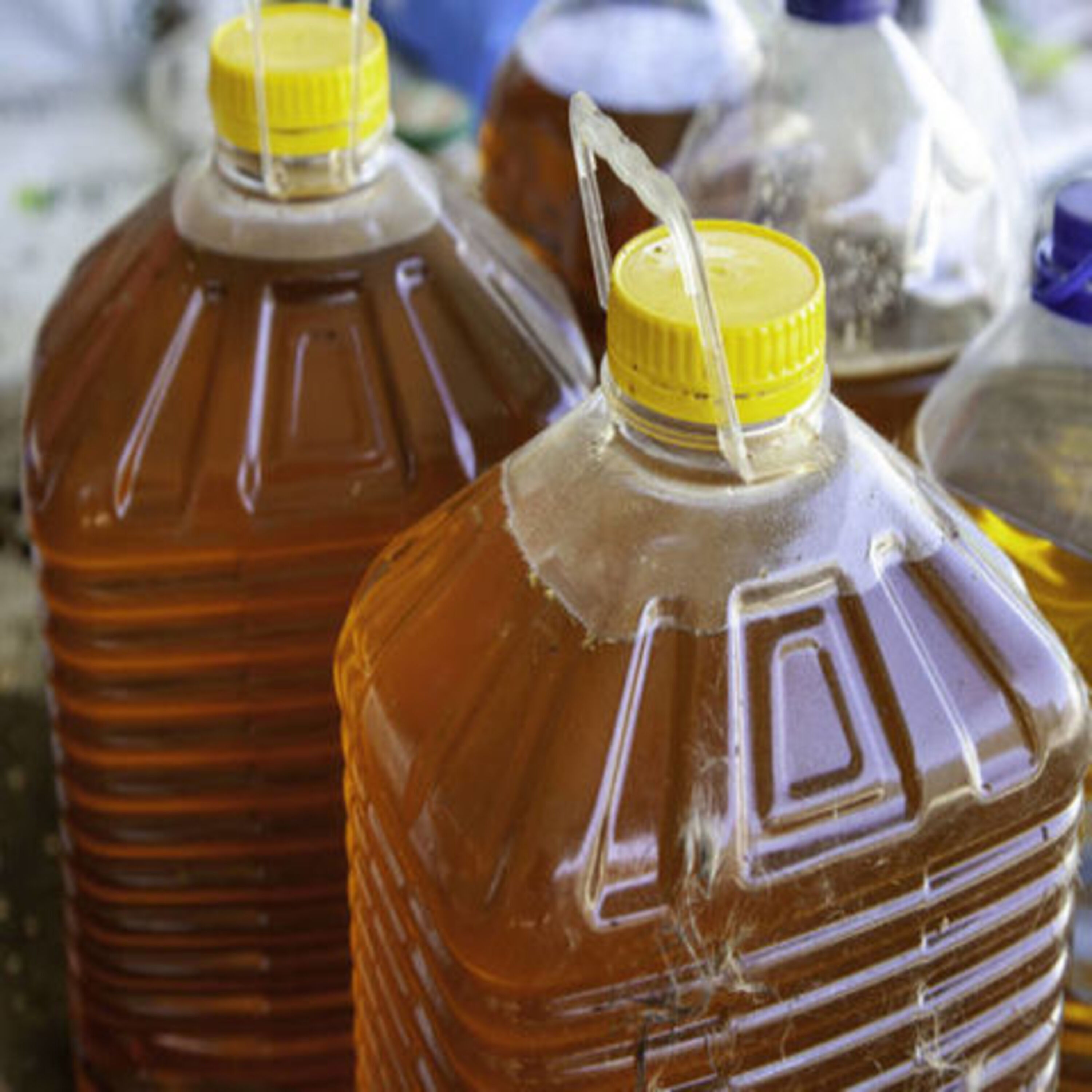
Used Cooking Oil
Used cooking oil is a recycled byproduct of frying and cooking processes, typically sourced from restaurants, food industries, and households. While no longer suitable for human consumption, it is highly valuable for biodiesel production, animal feed, and industrial applications. Proper collection and recycling of used cooking oil help reduce environmental pollution and promote sustainable energy solutions.
- High Nutritional Value
- Certified Organic Sources
- No Chemicals & Pesticides
- Worldwide Shipping
- Money back guarantee
- 24/7 Customer Support
Description
Used cooking oil is a recycled byproduct of frying and cooking processes, typically sourced from restaurants, food industries, and households. While no longer suitable for human consumption, it is highly valuable for biodiesel production, animal feed, and industrial applications. Proper collection and recycling of used cooking oil help reduce environmental pollution and promote sustainable energy solutions.
Key Features:
- Eco-Friendly Recycling – Repurposed for biodiesel, reducing fossil fuel dependency.
- Cost-Effective Raw Material – Cheaper than virgin oils for industrial uses.
- Waste Reduction – Prevents clogged drains and environmental contamination.
- Versatile Applications – Used in soap-making, lubricants, and biofuel.
- Filtered & Processed – Often refined to remove food particles and impurities.
Source:
- Collected from restaurants, food processors, and households after frying.
Color & Consistency:
- Dark yellow to brown, depending on usage.
- May contain suspended particles; filtered before resale.
Packaging:
- Sold in 20L, 200L drums, or bulk tankers for industrial buyers.
- Stored in sealed containers to prevent leaks and odors.
Common Contaminants:
- Food debris, water, and polymerized oils (from repeated heating).
Processing:
- Filtered to remove solids.
- Degummed & Neutralized for biodiesel conversion.
Uses:
- Biodiesel Production: Primary feedstock for renewable diesel fuel.
- Animal Feed Additive (after treatment).
- Industrial Lubricants: Used in machinery and bio-based products.
- Soap Making: Saponified into laundry or industrial soaps.
- Composting (in small quantities, mixed with organic waste).
Storage & Handling:
- Store in cool, dry conditions to prevent rancidity.
- Avoid mixing with water or other chemicals.
- Must be disposed of properly; illegal to dump in many regions.
